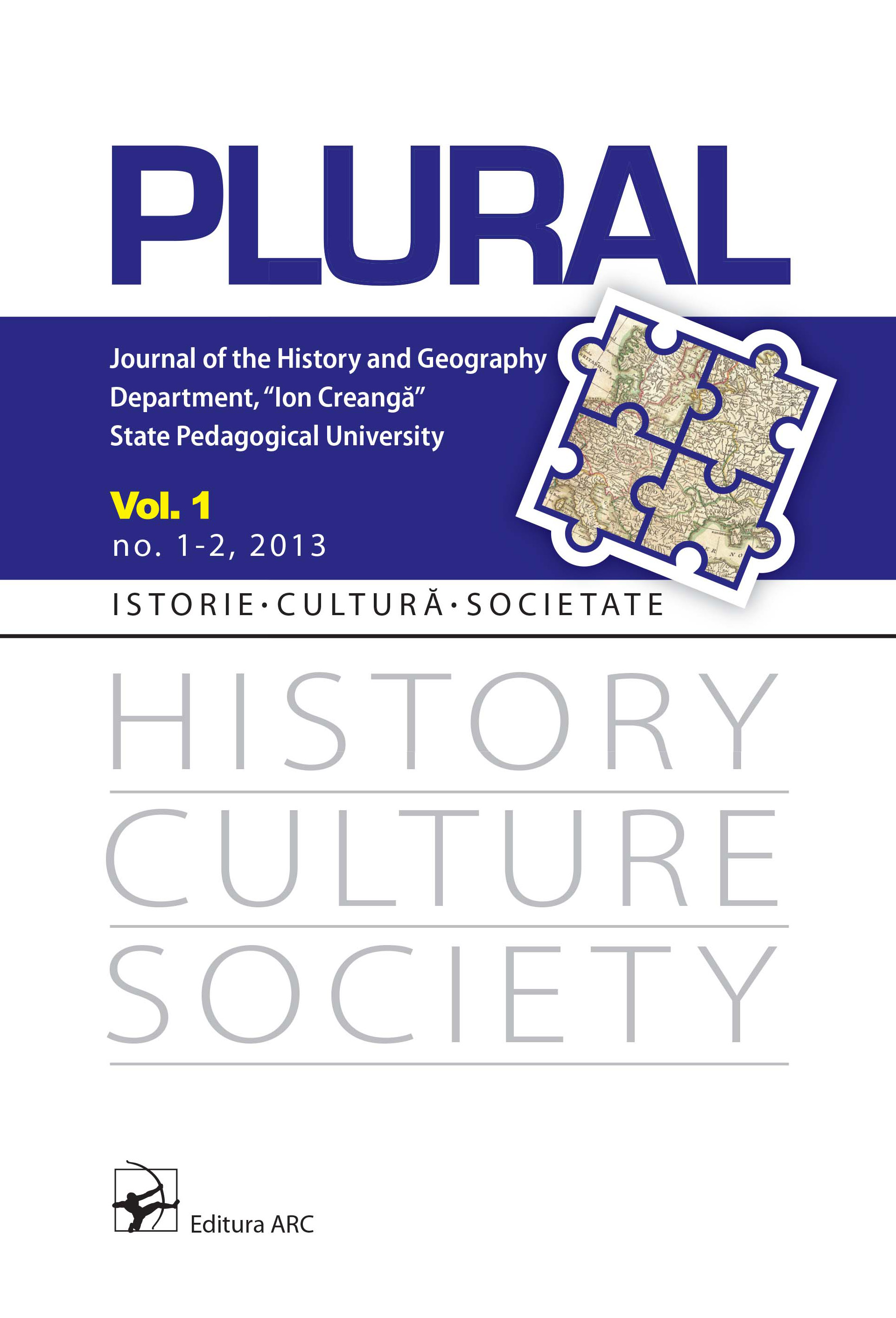Black Sea Cooperation: a Difficult Path to Overcoming Divisions and Marginalization
Black Sea Cooperation: a Difficult Path to Overcoming Divisions and Marginalization
Author(s): Panagiota ManoliSubject(s): Politics / Political Sciences, History
Published by: Facultatea de Istorie și Geografie, Universitatea Pedagogică de Stat „Ion Creangă”
Keywords: Black Sea;
Summary/Abstract: The Black Sea area is mostly discussed for its security relevance to Europe and to the rest of the international community. Suffering from a long transition period to market economy and parliamentary democracy, the peoples living in the area have been struggling to overcome the new divisions of the post Soviet era and join the European community of stability and prosperity. Regionalism has been used as a means towards this end. Embraced already by the early 1990s by local political elites of the newly established countries in the region, regionalism became a fashionable policy tool responding to needs of sovereignty boosting, global integration and good neighbourly relations. Primarily used as a foreign policy tool, regionalism has followed a difficult path. This chapter presents an overview of the evolution of Black Sea regionalism, looking at actors, interests and processes. Then it discusses its achievements and shortcomings.
- Issue Year: I/2013
- Issue No: 1-2
- Page Range: 210-2016
- Page Count: 7
- Language: English

